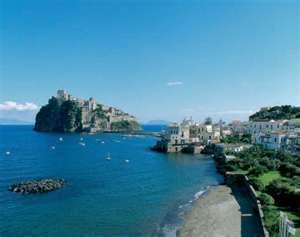 At the recent Mediterranean Seagrass Workshop in Morocco a group led by Professor Maria Buia showed that the seagrass P. oceanica also suffers reduced phenolic contents in high CO2 / low pH waters near Ischia, Italy, confirming our findings on C. nodosa from Italy and our more recent work on aquatic plants in the Chesapeake Bay. Their group documented changes in total reactive phenolics that were similar to those we observed at the volcanic vent sites on Vulcano in May 2011. Last year other researchers found that P. oceanica patches can be the longest-living organisms on Earth, each surviving up to 100,000 years or more.
At the recent Mediterranean Seagrass Workshop in Morocco a group led by Professor Maria Buia showed that the seagrass P. oceanica also suffers reduced phenolic contents in high CO2 / low pH waters near Ischia, Italy, confirming our findings on C. nodosa from Italy and our more recent work on aquatic plants in the Chesapeake Bay. Their group documented changes in total reactive phenolics that were similar to those we observed at the volcanic vent sites on Vulcano in May 2011. Last year other researchers found that P. oceanica patches can be the longest-living organisms on Earth, each surviving up to 100,000 years or more.
Leave a Reply